How to Choose the Best Self Wash Car Wash Equipment for Your Business
The car wash industry has been experiencing a robust growth trajectory, with a projected market value of $39.1 billion by 2027, according to a recent report by IBISWorld. As consumer preferences shift towards more convenient and efficient options, self-service car wash facilities are gaining popularity, allowing car owners to take matters into their own hands. This trend highlights the need for high-quality Self Wash Car Wash Equipment that not only meets customer demands but also ensures efficiency and reliability. Choosing the right equipment is crucial for business success, as it can significantly impact customer satisfaction and operational costs. In this blog post, we will explore key factors to consider when selecting the best self wash car wash equipment for your business, enabling you to capitalize on this burgeoning market and enhance your service offerings.
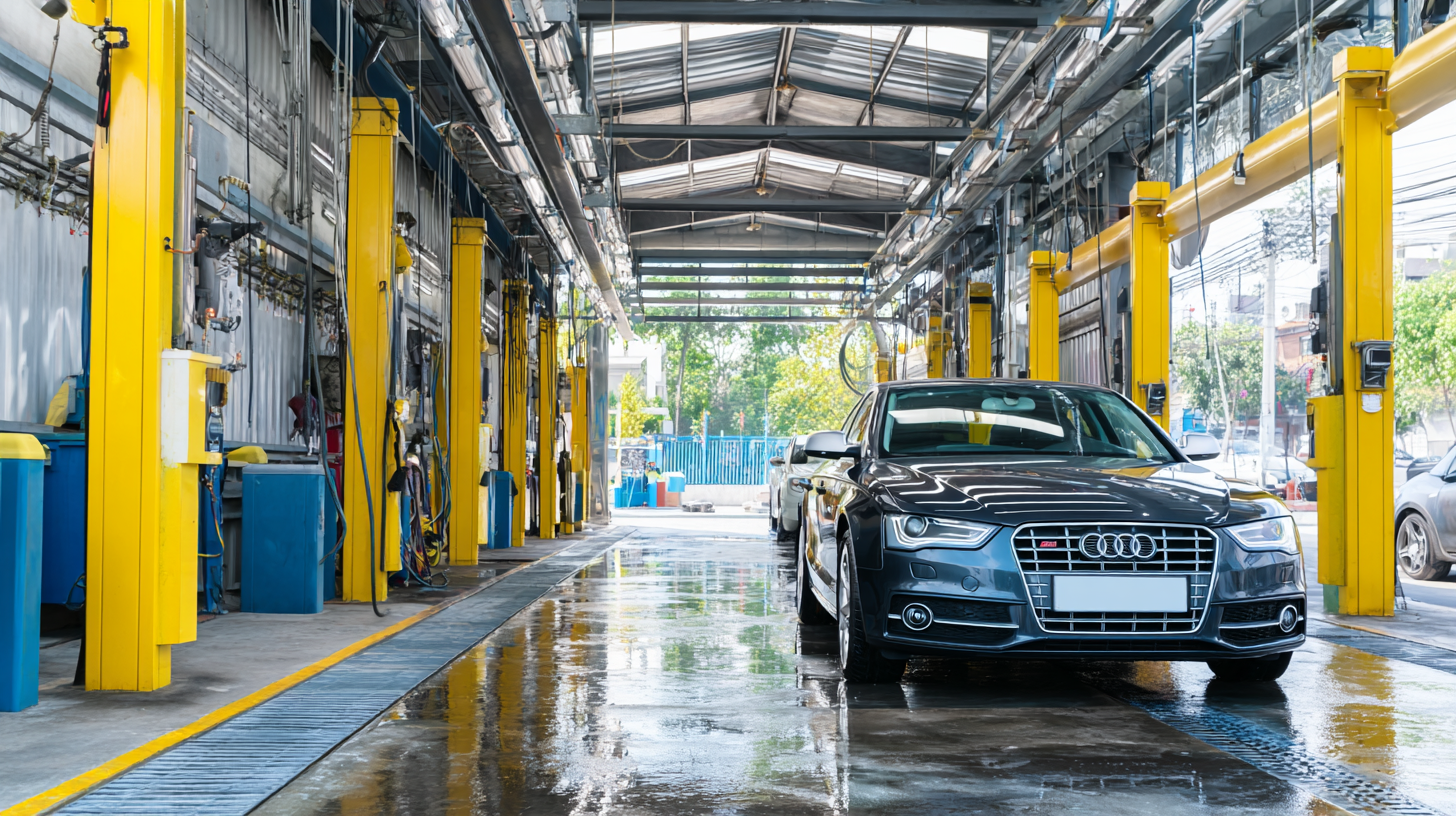
Understanding the Different Types of Self Wash Car Wash Equipment Available
When considering the best self wash car wash equipment for your business, it's essential to understand the various types available on the market. Each type serves a specific purpose and caters to different customer needs. For instance, touchless car wash systems utilize high-pressure water jets and specialized detergents to clean vehicles without physical contact. This method is ideal for customers who are concerned about paint damage and prefer a gentle yet effective wash.
In contrast, the traditional brush-based systems come equipped with rotating brushes that provide a thorough clean but may pose a risk to vehicle finishes if not properly maintained. Additionally, self-service bays are becoming increasingly popular, allowing customers to wash their cars at their own pace using manual equipment like foam guns and high-pressure sprayers. Understanding the advantages and drawbacks of each type will help you choose the equipment that not only meets your business goals but also delivers a satisfying experience for your customers.
How to Choose the Best Self Wash Car Wash Equipment for Your Business - Understanding the Different Types of Self Wash Car Wash Equipment Available
| Equipment Type | Description | Price Range | Maintenance Frequency |
|---|---|---|---|
| Self-Serve Car Wash Bay | A designated area for customers to wash their vehicles using provided equipment. | $15,000 - $50,000 | Monthly |
| High Pressure Washer | An electric or gas-powered washer that dispenses high-pressure water for cleaning. | $1,000 - $5,000 | Bi-annual |
| Foam Brush System | A system that applies soap using a foam brush, enhancing the washing experience. | $500 - $2,000 | Quarterly |
| Water Reclamation System | A system that collects and filters water to reuse in washing processes. | $10,000 - $25,000 | Annually |
| Detailing Equipment | Tools for professional-grade vehicle detailing, including polishers and vacuums. | $2,000 - $10,000 | As needed |
Key Features to Look for When Selecting Car Wash Equipment for Your Business
When selecting self-wash car wash equipment for your business, key features should be at the forefront of your decision-making process. According to a recent industry report by IBISWorld, the car wash service in the U.S. is projected to reach $15 billion in revenue by 2024, reflecting the growing demand for high-quality washing solutions. As such, investing in durable, efficient, and versatile equipment can set your business apart. Look for equipment that can handle various vehicle sizes and types, which can increase your customer base and satisfaction.
Another critical consideration is the technology used in the equipment. Advanced features like touchless washing systems or foam cannon capabilities not only enhance cleaning efficacy but also improve water efficiency. A study by the Water Research Foundation indicates that using modern car wash technologies can save up to 80% more water than traditional washing methods.
Tip: Assess your space and workflow before purchasing. Ensure the equipment allows for smooth vehicle flow and is compact enough to maximize your wash area. Additionally, consider customer convenience features, such as automated payment systems, which can improve service efficiency and boost revenue potential.
Evaluating the Cost vs. Benefit of Various Self Wash Car Wash Machines
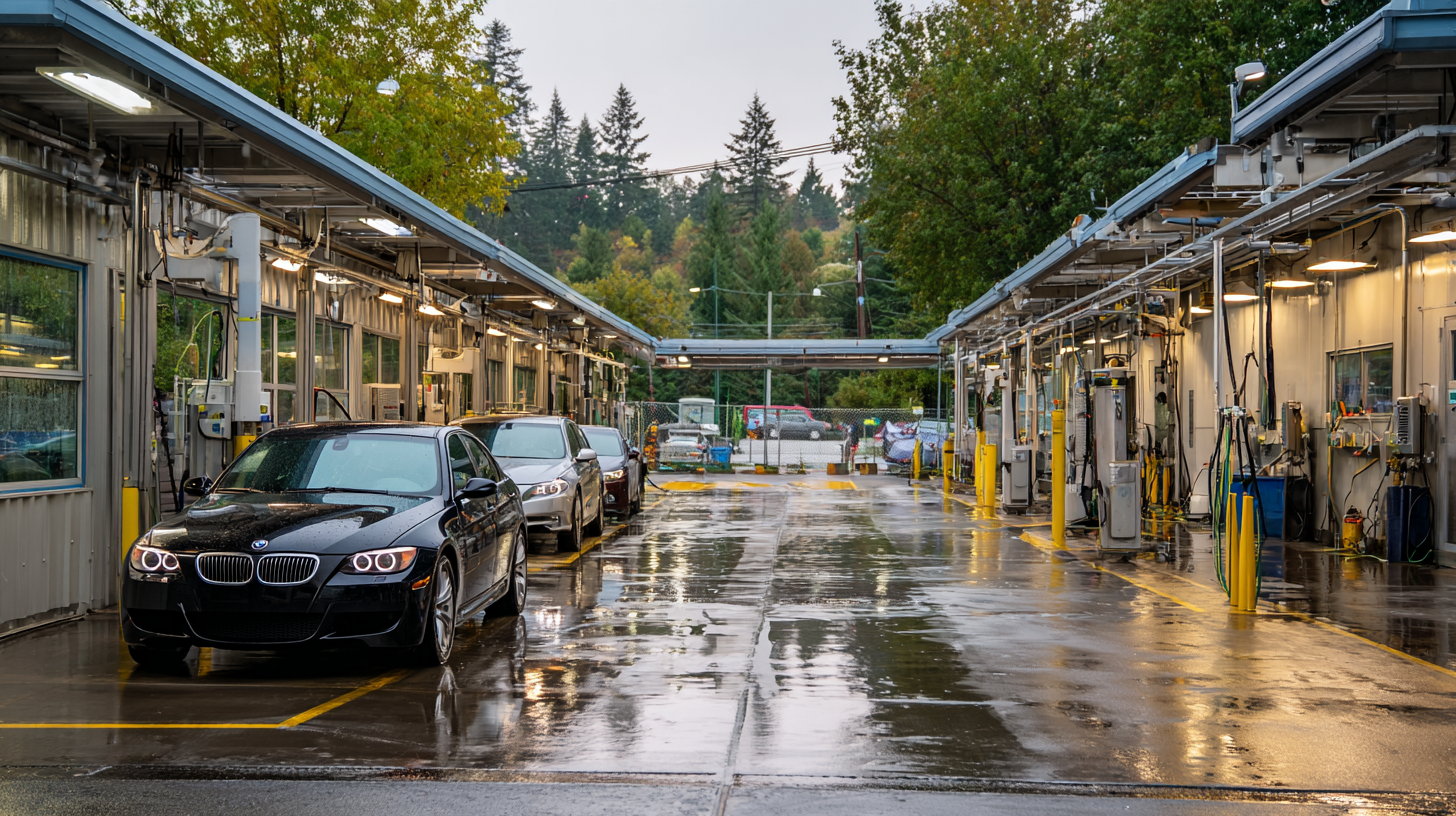 When evaluating the cost versus benefit of various self-wash car wash machines, it’s crucial to analyze both initial investment and long-term financial returns. According to recent industry trends, embracing advanced technologies can lead to significant operational cost savings. For instance, investing in UV-durable self-cleaning coatings can not only enhance the longevity of your equipment but also reduce maintenance costs over time. Furthermore, implementing efficient water management systems is essential, as they can conserve resources and decrease overhead expenses significantly.
When evaluating the cost versus benefit of various self-wash car wash machines, it’s crucial to analyze both initial investment and long-term financial returns. According to recent industry trends, embracing advanced technologies can lead to significant operational cost savings. For instance, investing in UV-durable self-cleaning coatings can not only enhance the longevity of your equipment but also reduce maintenance costs over time. Furthermore, implementing efficient water management systems is essential, as they can conserve resources and decrease overhead expenses significantly.
Tips: Focus on equipment with innovative features that enhance efficiency. Look for machines that offer automated functions, which can help streamline the washing process and attract a wider customer base. Additionally, consider the tax advantages offered through bonus depreciation, which allows you to accelerate the write-off of your car wash equipment. This can greatly improve your cash flow in the early stages of business establishment.
Furthermore, market demand plays a pivotal role in your selection process. Research suggests that the self-wash car wash sector is poised for growth, with increasing consumer preference for environmentally friendly services. By aligning your business model with these trends and investing wisely in high-quality equipment, you can ensure a competitive edge in the market.
Maintenance Considerations for Long-lasting Self Wash Car Wash Equipment
When investing in self wash car wash equipment, maintenance is key to ensuring longevity and optimal performance. Regular upkeep not only prevents costly repairs but also enhances the efficiency of your washing setup. A proactive maintenance routine involves daily checks, such as inspecting hoses for leaks and ensuring the pressure of the water delivery system is adequate. Moreover, it's important to routinely clean the nozzles and filters to prevent clogging, which can diminish water pressure and extend wash times.
In addition to daily maintenance, scheduled preventive care should be prioritized. This includes regularly inspecting and lubricating rotating parts or replacing worn-out components before they fail. Consider developing a checklist that outlines important maintenance tasks and schedules.
Furthermore, investing in high-quality equipment that is designed for durability can pay off in the long run, reducing the frequency of maintenance needed. By instituting a diligent maintenance schedule, you not only improve your service's reliability but also enhance customer satisfaction through consistent results.
Tips for Sourcing Quality Suppliers for Your Self Wash Car Wash Setup
When setting up a self wash car wash business, sourcing quality suppliers is crucial for ensuring a successful operation. First, consider the reputation of the suppliers you are exploring. Look for companies with strong industry experience and positive customer reviews. Engaging in forums or industry groups can provide valuable insights into which suppliers consistently deliver high-quality equipment. By doing thorough research, you can distinguish between suppliers that prioritize cost over quality and those that maintain an excellent standard for their products.
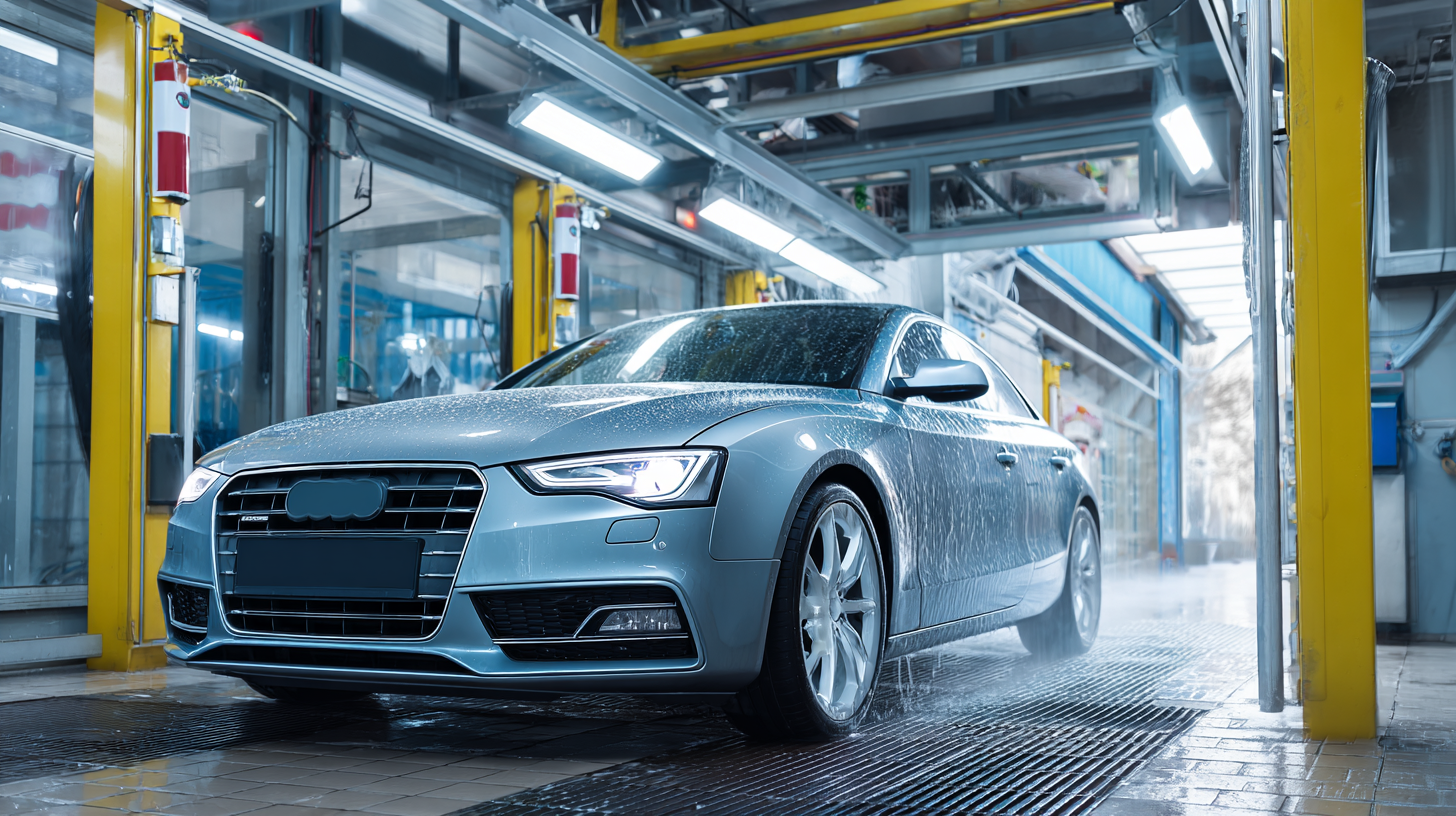
Another important factor is the range of equipment offered by suppliers. Opt for suppliers who provide a comprehensive selection of self wash car wash products, including pressure washers, vacuum systems, and chemical solutions. This allows for a one-stop shop experience, simplifying the procurement process. Additionally, inquire about their after-sales support and warranty policies—these elements can be crucial in maintaining your car wash equipment and ensuring long-term satisfaction. Building a strong relationship with your suppliers can also lead to better pricing and service as you establish your business in the competitive car wash industry.
Related Posts
-

Global Success Story: China's Best Self Car Wash Equipment Redefines Quality Standards Worldwide
-
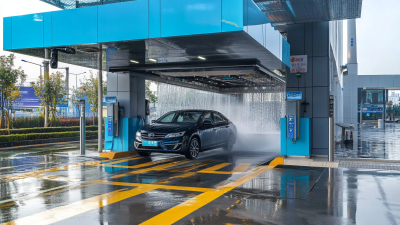
Top 10 Automatic Car Wash Equipment Manufacturers from China at the 137th Canton Fair
-
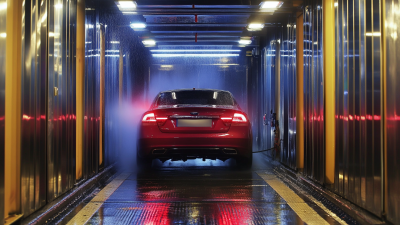
Ultimate Guide to Selecting the Best Touchless Car Wash Machine for Your Business
-
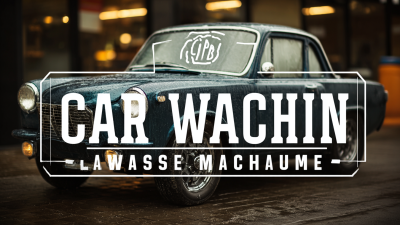
7 Essential Tips for Choosing the Best Car Wash Machine Equipment for Your Business
-
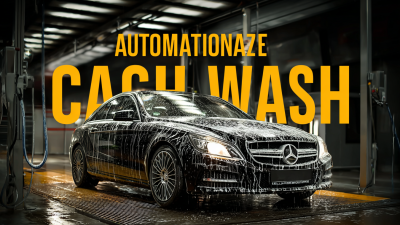
Ultimate Guide to Choosing the Best Automated Car Wash Systems for Global Buyers
-
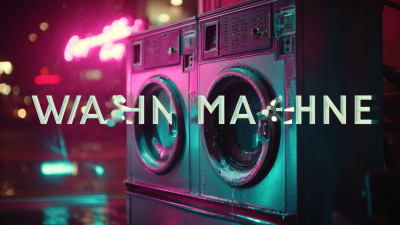
Maximize Your Investment: Unmatched After-Sales Support and Repair Cost Insights for Best Car Wash Machines